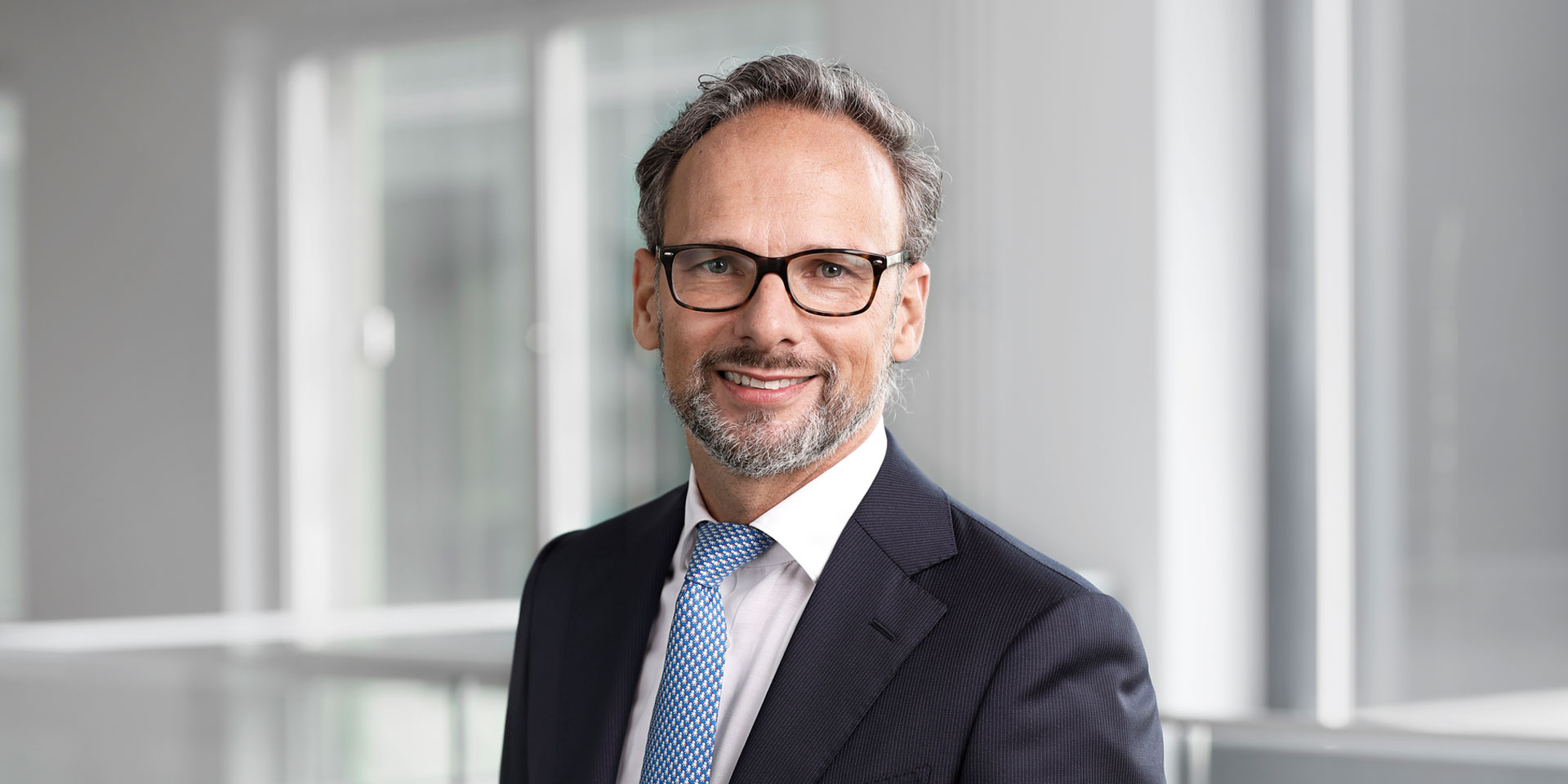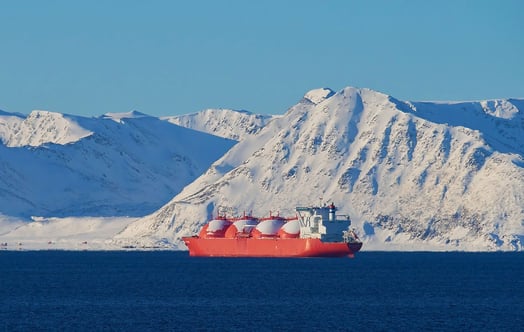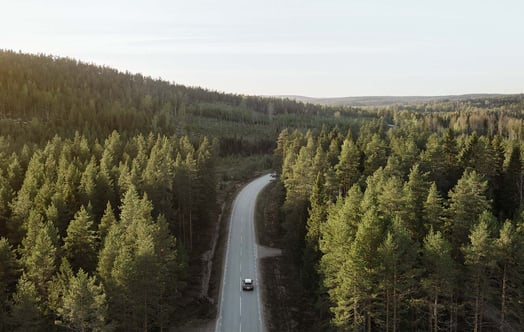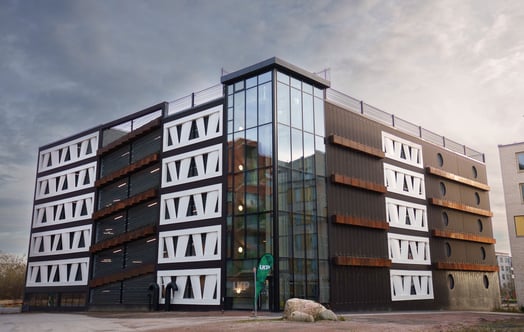
Vattenfall Energy Savings Barometer: Money motivates most Europeans to save energy
To save energy continues to be relevant in Europeans everyday life. 95 percent of the French say it is very or rather relevant. Money is the strongest motivational driver to save energy followed by saving natural resources. The most popular actions to take are to use fewer lights, to reduce shower time and to cook with lid. All according to the results in Vattenfall’s latest energy savings barometer.
In all countries, saving energy continues to be very important. The fact that relevance remains steady, regardless of the season or media attention, many consumers have made energy-saving a part of their everyday lives. The French show an even higher level of attentiveness compared to the other nations.
Although, to use fewer lights is the most popular action to do, Christmas is an exception. Savings in Christmas lighting is the least important in the Netherlands and France. Germans and Swedes show a higher affinity for using a timer switch to make energy saving more effective and the Finns go back to a traditional way of lighting by using candles.

“The holiday season is coming closer and the results show that savings in Christmas lighting is not prioritized - and this is a positive thing! As almost all lights today are LED, these do not require so much electricity. So you can leave your Christmas lights on during the holidays and enjoy the lights with a clear conscience, says Martijn Hagens, Head of Customers & Solutions and Heat at Vattenfall.
“Electric cars are also slowly but surely gaining in popularity in Germany. Compared to spring, the proportion of those who have already bought an electric vehicle has increased from 6 to 10 percent," says Martijn Hagens.
In investments for energy-saving features the countries differentiate. The Dutch continue to be enthusiastic about new technologies such as solar panels. Germans show a risk-averse attitude towards making major investments but are significantly more eager to implement energy-saving gadgets like Smart Home equipment compared to the spring survey. The Nordic market reveals growth potential for solar panels, and around 60 percent of the Nordic consumers are open for investments.
Across all surveyed countries, the economic situation for almost half of consumers worsened due to the energy crisis that we saw last year. An increasing number of consumers expect prices to go up in the next few months, but the level of concern remains the same as during last survey.
"It is the sum of small and big steps that will help to keep prices under control. The path to fossil freedom will gradually make fossil fuels more and more expensive", says Martijn Hagens.
On behalf of Vattenfall, Statista - an established online platform for data gathering and visualization - surveyed for the third time a total of 5,000 consumers in Germany, Finland, France, Sweden and the Netherlands between 26th October and 7th November.
More results from the survey:
To consume less energy, consumers have made a wide range of behavioural changes in their everyday life:
- Using less light was most often mentioned as reduction measure in France (82 percent), Finland (79 percent) and the Netherlands (77 percent)
- 62 percent of Swedes reduce shower time
- 74 percent of German consumers reduce heating at home by heating most used rooms only. Consumers in Sweden and Finland (both 46 percent) are less flexible to adapt their heating behaviour in this way.
- Around two out of three take shorter showers. And around one out of three take colder showers, the Finns most often implemented this measure (40 percent)
- More than 30 percent in Sweden, the Netherlands and France go to bed earlier than they used to do.
Many consumers have also made small and medium-sized purchases:
- Across all countries, at least 72 percent switched to LED lights
- 71 percent of Germans purchased power stripes with off switches, only 41 percent of Swedes did that
- 55 percent of Dutch people bought a water-saving shower head. In Finland, only 33 percent of consumers made such an investment.
*Online-Survey with n=1000 participants per country aged 18 years and older (representative for the respective country’s housing population regarding gender, age and region); survey periods: January 2023, May 2023 and November 2023.



